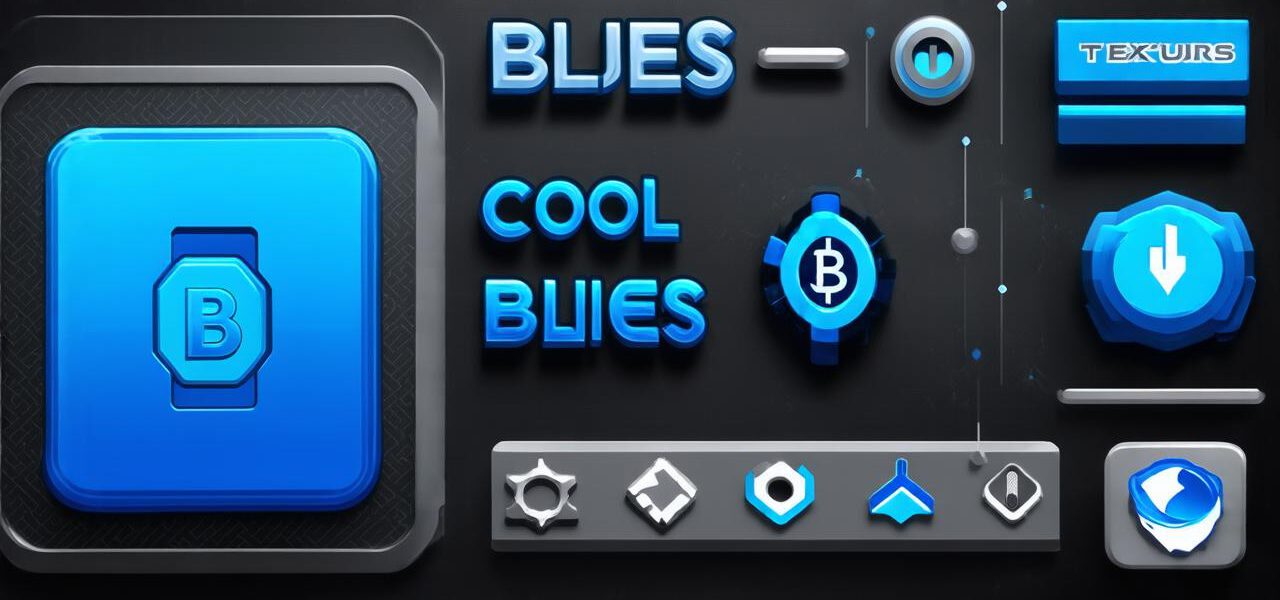
Best blockchain development tools for creating applications
Blockchain technology is revolutionizing industries across the board, from finance to supply chain management. To create applications that take advantage of this powerful technology, developers need to use the right tools and platforms.
1. Visual Studio Code – A Comprehensive IDE for Blockchain Development
Visual Studio Code is a popular integrated development environment (IDE) that has gained traction in the blockchain community due to its flexibility, scalability, and ease of use. It supports multiple programming languages, including Solidity, Vyper, Java, and JavaScript, making it ideal for building applications on various blockchain platforms.
Key features:
- Syntax highlighting and code completion
- Debugging tools
- Integration with popular blockchain development tools such as Truffle and Remix
- Support for multiple programming languages
- A rich ecosystem of extensions and plugins, including those that provide support for smart contracts testing and deployment.
Use cases:
- Building decentralized applications (dApps) on Ethereum, EOS, and other blockchain platforms
- Developing enterprise-grade blockchain solutions for industries such as finance, supply chain management, and healthcare.
2. Remix – A Web-Based IDE for Smart Contract Development
Remix is a web-based IDE that allows developers to write, test, and deploy smart contracts on various blockchain platforms. It supports Solidity, Vyper, and other programming languages, making it an excellent tool for building complex applications.
Key features:
- A user-friendly interface that simplifies the development process
- Support for testing smart contracts using real-world data
- Integration with popular blockchain platforms such as Ethereum, EOS, and Waves
- Ability to write and test code directly in the browser, eliminating the need to set up a local environment.
Use cases:
- Building dApps on various blockchain platforms, including Ethereum and EOS
- Developing enterprise-grade solutions that require complex smart contracts.
3. Truffle – A Suite of Tools for Blockchain Development
Truffle is a suite of tools that helps developers build, test, and deploy blockchain applications. It supports multiple programming languages, including Solidity and Vyper, making it an excellent tool for building dApps on various blockchain platforms.
Key features:
- A comprehensive set of development tools, including a local blockchain for testing, debugging, and deployment
- Support for smart contract testing using real-world data
- Integration with popular blockchain platforms such as Ethereum, EOS, and Waves
- A rich ecosystem of plugins and extensions that extend the capabilities of Truffle.
Use cases:
- Building dApps on various blockchain platforms, including Ethereum and EOS
- Developing enterprise-grade solutions that require complex smart contracts.
4. Ganache – A Local Blockchain for Testing and Development
Ganache is a local blockchain that allows developers to test and develop blockchain applications in a secure and isolated environment. It supports multiple programming languages, including Solidity and Vyper, making it an excellent tool for building dApps on various blockchain platforms.
Key features:
- A local blockchain that can be easily set up and configured
- Support for smart contract testing using real-world data
- Integration with popular blockchain development tools such as Truffle and Remix
- Ability to create custom network configurations, including the number of nodes and gas limits.
Use cases:
- Building dApps on various blockchain platforms, including Ethereum and EOS
- Developing enterprise-grade solutions that require complex smart contracts.
5. Infura – A Cloud Platform for Blockchain Development
Infura is a cloud platform that provides developers with access to Ethereum and IPFS networks without the need to set up their own infrastructure. It supports multiple programming languages, including Solidity and Vyper, making it an excellent tool for building dApps on Ethereum.
Key features:
- Access to Ethereum and IPFS networks via a cloud platform
- Support for smart contract testing using real-world data
- Integration with popular blockchain development tools such as Truffle and Remix
- Scalable infrastructure that can handle high transaction volumes.
Use cases:
- Building dApps on Ethereum, including decentralized exchanges (DEXs) and non-fungible tokens (NFTs) marketplaces
- Developing enterprise-grade solutions that require scalable blockchain infrastructure.
Summary
The best blockchain development tools for creating applications depend on the specific use case and requirements of the project. Visual Studio Code, Remix, Truffle, Ganache, and Infura are some of the most popular and widely used tools in the industry, each with its own set of features and benefits. By choosing the right tools and platforms, developers can build powerful and scalable applications that take advantage of the potential of blockchain technology.
FAQs
1. Which programming languages are supported by these blockchain development tools?
Answer: The article mentions Solidity, Vyper, Java, JavaScript, and other programming languages as being supported by the mentioned tools.
2. How do I set up a local blockchain for testing and development using Ganache?
Answer: The article does not provide specific instructions on how to set up Ganache, but you can refer to the official documentation or search for tutorials online.
3. Can these tools be used to build applications on other blockchain platforms, such as Bitcoin or Ripple?
Answer: The article focuses mainly on Ethereum and its related tools, but some of the mentioned tools like Visual Studio Code and Truffle can be used for other blockchain platforms as well. However, it is essential to check if these tools are compatible with the specific platform you want to develop for.
4. How do I ensure the security of my blockchain application while developing it?
Answer: Ensuring the security of a blockchain application involves various factors, such as using secure coding practices, testing for vulnerabilities, and implementing proper access controls. It is crucial to consult with security experts and follow best practices specific to your use case.
5.



